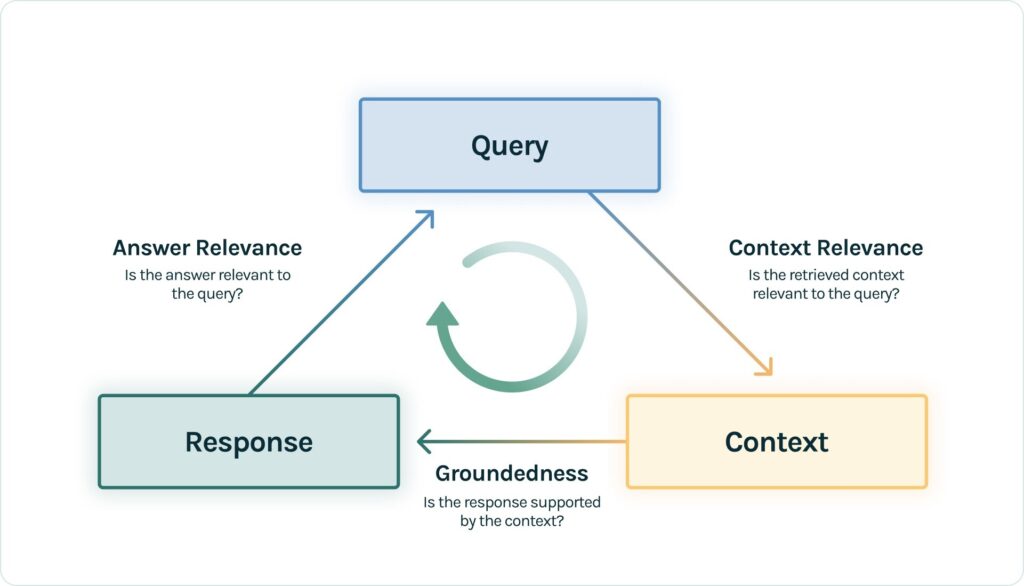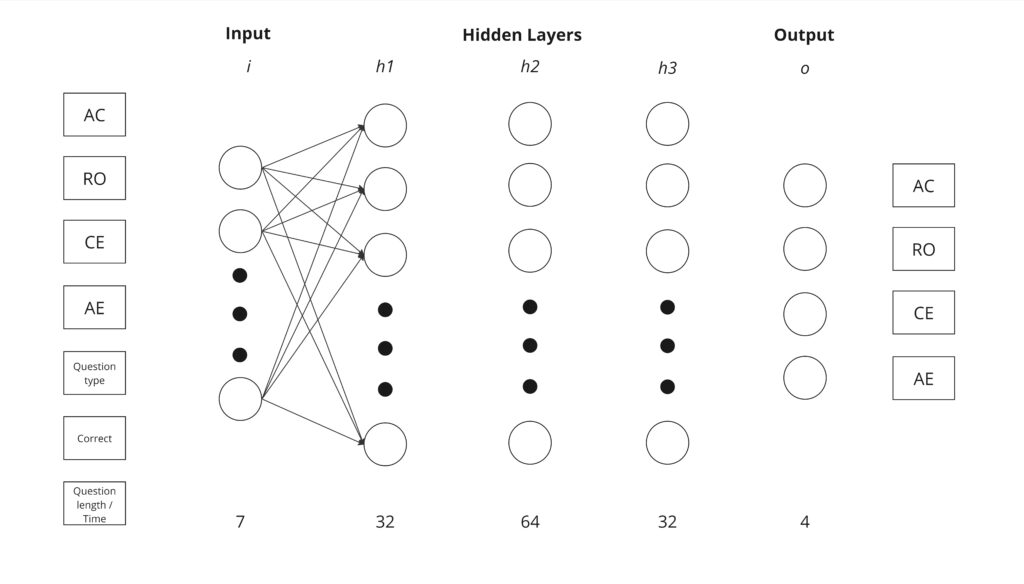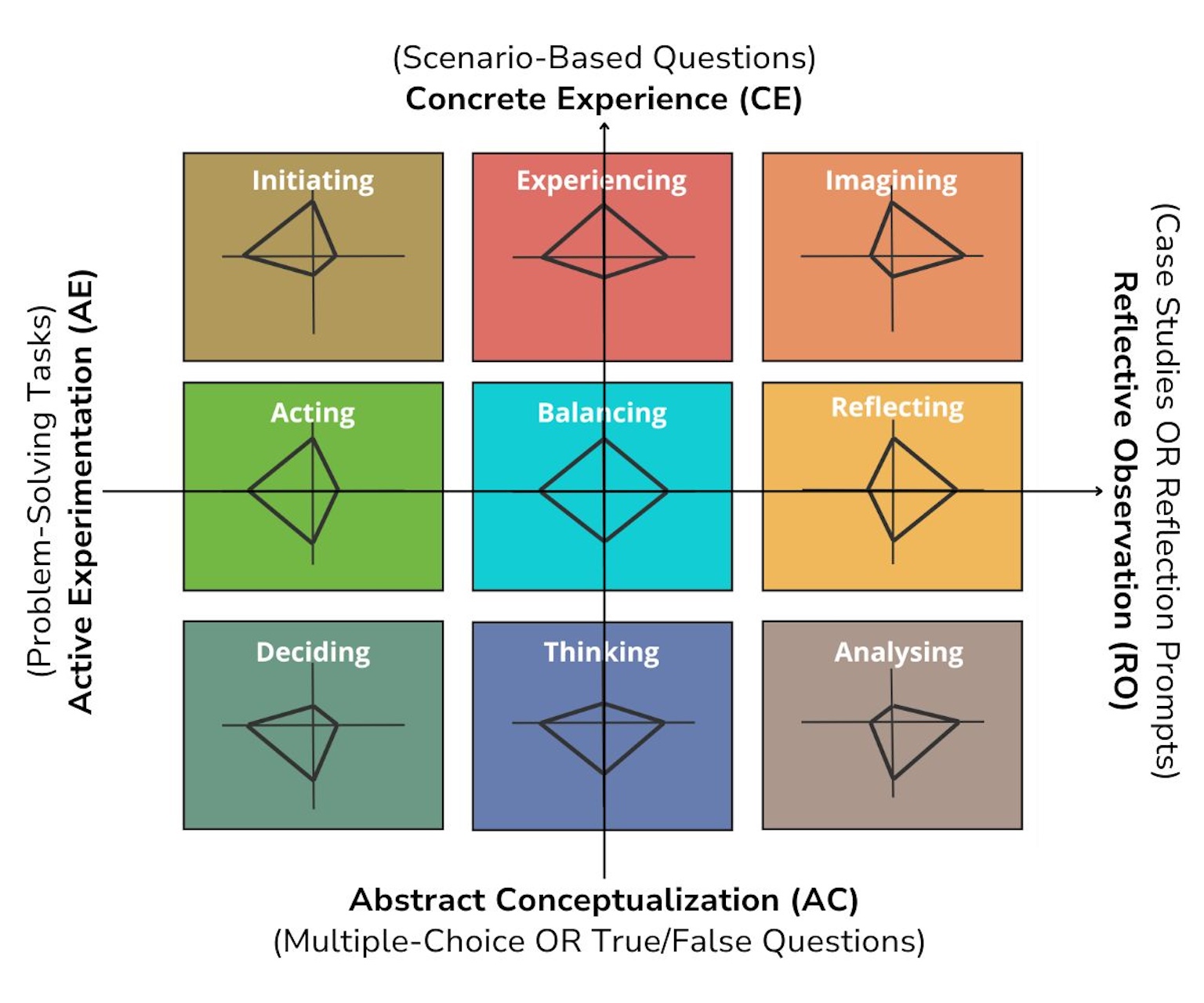Cogtech.AI
ADAPTIVE . ENGAGING . MODULAR
Using machine learning, Cogtech.AI employs research and learning pedagogy to create an adaptive learning platform that customises the content to a user’s learning style — all while fine-tuning itself based on the learner’s responses. It also enables training management personnel to seamlessly upload and update training content, generate questions using AI, track the learner’s progress, and gather insights on training effectiveness.
Introducing Cogtech.AI
Cogtech.AI addresses a critical need in the corporate training sector, offering an innovative solution that makes training courses more engaging and effective for individuals. This solution stands as a testament to the potential of adaptive learning in transforming professional development. This leads to our problem statement: How might we design a modular system that leverages adaptive learning to make vocational training more engaging and tailored to the diverse learning styles of individuals?
Team members
Wise Lim (DAI), Chen Jiasen (DAI), Kat Yong Jie (CSD), Lim Kai Feng, Jared (DAI), Adriana Ng Elynn (DAI), Goh Yu Fan (CSD)
Instructors:
-
Kwan Wei Lek
Writing Instructors:
-
Delfinn Tan Sweimay

















